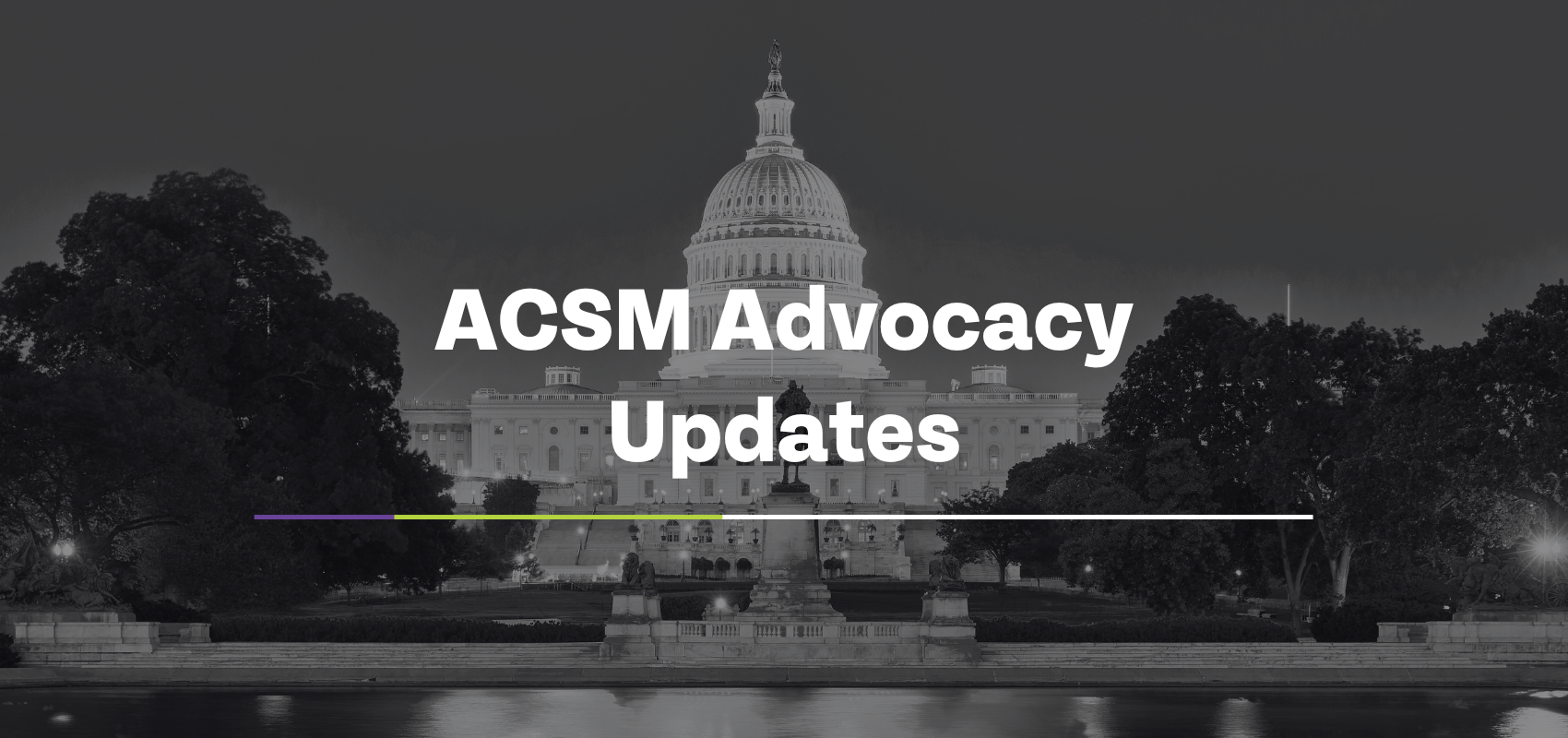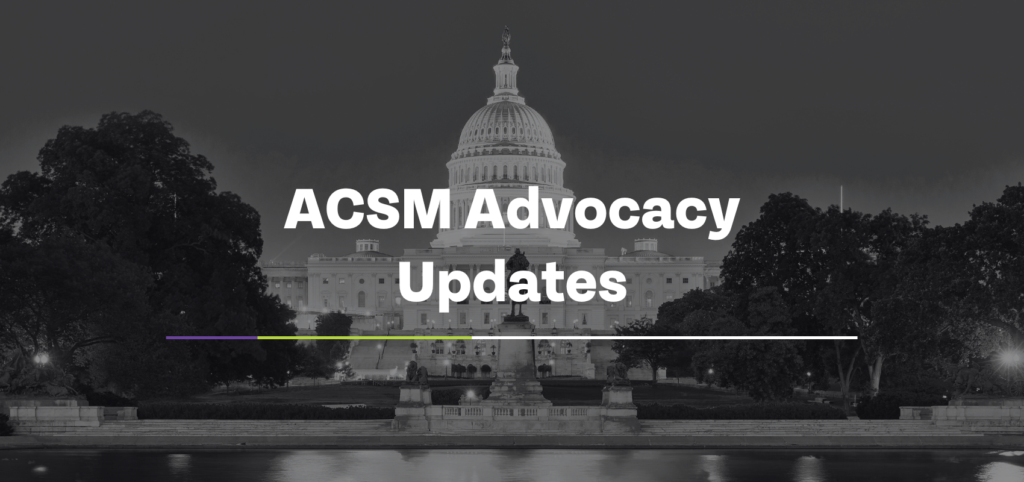PHIT Bill Included in Reconciliation Bill
On May 14, 2025, the House Ways and Means Committee passed its portion of the fiscal year (FY) 2025 reconciliation bill by a 26-19 vote, advancing several significant changes to Health Savings Accounts (HSAs) and Flexible Spending Accounts (FSAs). Among the most notable provisions, the bill would, for the first time, allow individuals to use HSA and FSA funds for physical activity and fitness expenses — including gym memberships and instructional physical activity — up to $500 per year for individuals and $1,000 per year for families, with up to one-twelfth of the annual limit available per month. This marks a major expansion from current law, which generally does not permit such expenses to be treated as qualified medical expenses unless prescribed for a specific medical condition.
The bill also includes other HSA enhancements, such as expanded eligibility, the ability for both spouses to make catch-up contributions to a single HSA and more flexible rules for converting FSA and HRA balances into HSAs.
Next, the reconciliation bill will move to the House Budget Committee, where it will be combined with other committees’ sections before heading to the House floor for a vote. If passed by the House, the bill will proceed to the Senate for consideration, where significant revisions are possible.
Impact of President Trump’s FY 2026 Budget Proposal on ACSM Members
President Trump’s FY 2026 discretionary budget proposal, released on May 2, 2025, recommends a 26.2% reduction in funding for the Department of Health and Human Services (HHS), cutting its budget to $93.8 billion. The National Institutes of Health (NIH) would face a nearly $18 billion cut — the largest among HHS agencies. Other major reductions include $3.6 billion from the Centers for Disease Control and Prevention (CDC), $1.7 billion from the Health Resources and Services Administration (HRSA) and $1 billion from the Substance Abuse and Mental Health Services Administration (SAMHSA). The Agency for Healthcare Research and Quality (AHRQ) and Centers for Medicare & Medicaid Services (CMS) would also see significant cuts. If enacted, the proposed FY 2026 budget would significantly reduce federal support for biomedical research, public health and workforce development areas.
Time for Action: Help Us Lobby Congress to Protect Our Profession
This week, ACSM is introducing a new advocacy platform called Congress Plus. This tool will enable members and certified professionals to learn about new legislation as it is introduced, receive action alerts and then easily contact their senators and representatives by phone, fax, email, Facebook and Twitter. Be watching your email for ACSM alerts and calls to action as issues and votes break, including the proposed FY 2026 Budget Proposal and Reconciliation Bill mentioned above, and we will walk you through the brief process of choosing your members of Congress and sending them a prepared message in about 60 seconds. Together, we will effect change for the betterment of our profession and communities.
2025 Congressional Physical Activity Challenge
The 2025 Congressional Physical Activity Challenge is officially underway! This annual event encourages offices across the U.S. Congress to compete for the title of most physically active team. Sponsored by the Physical Activity Alliance and Myzone, the Challenge runs from May 1 to May 31 in celebration of National Physical Fitness and Sport Month. Participation is open to all members of Congress, as well as their staff, interns, committee staff and leadership staff.
The Challenge aims to encourage members of Congress, their staff and interns to prioritize and model healthy, active lifestyles by engaging in friendly competition to achieve the highest levels of physical activity during National Physical Fitness and Sport Month. By participating in the Challenge, congressional offices demonstrate bipartisan commitment to health and wellness, sending a powerful message about the essential role of physical activity in improving both physical and mental well-being.
The initiative seeks to revive the competitive spirit and pursuit of physical excellence, reminiscent of the former Presidential Fitness Test, by encouraging participants to test themselves, track progress and strive for achievement. The Challenge is designed to raise public awareness about the benefits of regular physical activity, not only for individuals but for the strength and resilience of the nation as a whole. Participants’ efforts are recognized at multiple achievement levels, fostering motivation and celebrating progress, whether through individual milestones or team accomplishments.


